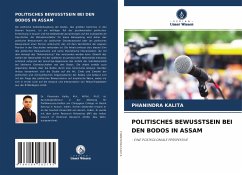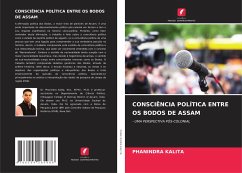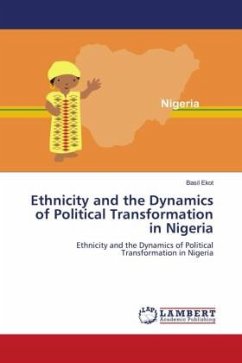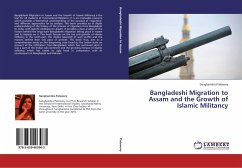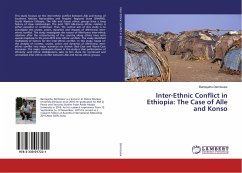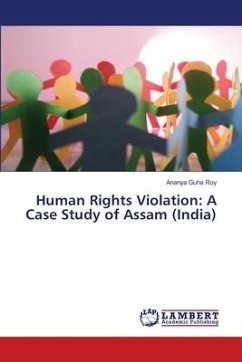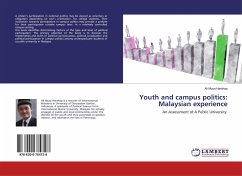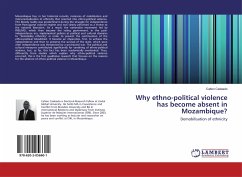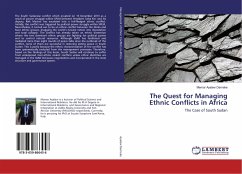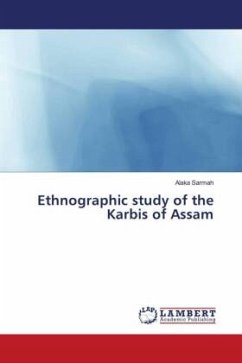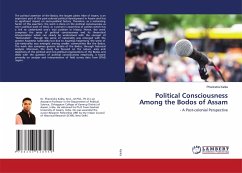
Political Consciousness Among the Bodos of Assam
- A Post-colonial Perspective
Versandkostenfrei!
Versandfertig in 6-10 Tagen
38,99 €
inkl. MwSt.

PAYBACK Punkte
19 °P sammeln!
The political assertion of the Bodos, the largest plains tribe of Assam, is an important part of the post-colonial political development in Assam and has its significant impact on socio-political history. Therefore, as a motivating factor of this assertion, the work is done on the political consciousness as one's political state of mind, or a person's awareness of politics which has a link to understand one's true position in history. Hence, the work comprises this sense of political consciousness and its theoretical interpretation which can clearly be understood with the concept of "Nationali...
The political assertion of the Bodos, the largest plains tribe of Assam, is an important part of the post-colonial political development in Assam and has its significant impact on socio-political history. Therefore, as a motivating factor of this assertion, the work is done on the political consciousness as one's political state of mind, or a person's awareness of politics which has a link to understand one's true position in history. Hence, the work comprises this sense of political consciousness and its theoretical interpretation which can clearly be understood with the concept of "Nationalism". Though the sense of nationality was emerged with the greater Assamese nationality but due to Assamiya hegemony, the sense of sub-nationality was emerged among smaller communities like the Bodos. The work also comprises generic details of the Bodos, through historical analysis. Moreover, the study has focused on the nature, aims and objectives of the political and non-political organizations of the Bodos and deals with the question of political consciousness empirically, is based primarily on analysis and interpretation of field survey data from BTAD region.



